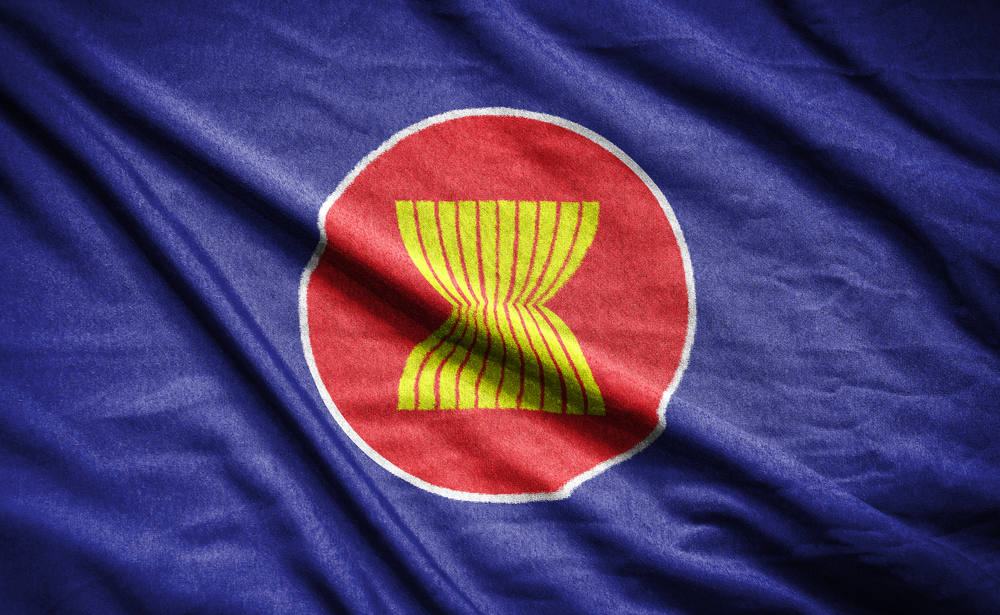Today is ASEAN’s 50th birthday. And it may well not be a happy one. When it comes to tenure of existence, ASEAN isn’t far behind the EU. If we recognise the Treaties of Rome to be the commencement of the European project, then the EU is 60 years old. People would argue that the two blocs have had materially different developments, and evidently the progress of each construct is giving us s sense of that.
The EU is much more advanced with regards to common policies and even integration by way of the currency area, but that is not to say that Europe doesn’t have a lot more trouble to deal with because of that. ASEAN has traditionally taken it slow, probably had to due to the even more diverging economic profiles among their members. The South East Asian blocs troubles are only in the making.
It is and will increasingly be difficult to combine countries that are democracies, authoritarian, military or communist regimes, and a sultanate. If we see European nations pulling in different directions, then wait for ASEAN countries to try to get on the same page. So far since the start of the Asian Economic Community in January 2016, it has mostly been goodwill voiced with little granular action attached.
On paper, ASEAN has gargantuan potential. If 10 of the fastest growing countries in the world, blessed with favourable demographics, got their act together and harmonised the area they cover, they could become a powerhouse. The problem remains that its members are different, in many ways. In addition, and culminating on the bloc’s 50th, each of them seems to be dealing with domestic issues that aren’t necessarily conducive to the undertaking.
The Philippines had themselves a bit of a Trump moment. Its president Duterte massively deviated from the mainstream path of governing the country. His cruel war against the drug cartels is earning him cheers at home but leaves the international community traumatised. Equally shocking was turning his back on America and a shameless cozying up to Beijing. Duterte has introduced sea changes on many fronts.
While Indonesia is well on track in economic terms, sustainable growth, ever falling inflation etc, its president Widodo is under pressure due to a return of nationalisation that could easily derail the country’s reform efforts. As solid as the numbers are, Indonesian authorities cannot afford to be complacent. The country with the 4th largest population in the world needs to steer its ship carefully and keep growing Islamisation in check.
Thailand has previously been an example of its economic development and democratic principles. It is however now in its fourth year of military rule with no end on sight. There is not even an intention to embark on elections in order to restore civilian governance. Some people may say the status quo is not undesirable, but history has been telling us that such a prolonged state of government will eventually risk a loss in economic achievements.
Malaysia has been plagued by corruption scandals around its prime minister Najib Razak for too long. The once economically most promising ASEAN member has been stumbling, and opposition to the current government is still mounting. Even the 92-year old former leader and icon of Malaysian politics, Mahathir Mohamad, came out of retirement to challenge Razak. Malaysia has clearly not lived up to the promises made.
Singapore on the other hand has experienced somewhat of a bend in its so far undisputed ruling family. The city state’s image has clearly taken a hit along Lee Kuan Yew’s children fighting over the elder statesman’s estate. Human rights have been and are an issue in places such as Cambodia and Myanmar, and Brunei’s sultan has just let it be known that he is embracing Sharia law.
Welcome to the South East Asian potpourri! What’s even more important in the long-run however, is that ASEAN is struggling to earn the respect of global powers to consider it a bloc. America has been selective in building out alliances at will, and now that China is imposing its economic power, but only with countries individually and almost disregarding ASEAN as a counterpart, the fate of a common future is permanently being tested.
Too much is there an advantage for Beijing to play the divide-and-rule game. That, combined with the literal retreat of America from the region, except for periodic revivals of ties with the likes of Vietnam, fully exposes ASEAN to the might of China. As long as presidents and prime minister make their pilgrimages up north to solicit economic support and development aid, as long will Beijing be able to pull the strings.
So, all in all, not much to show for at the 50th birthday, and not all that many reasons to pop the champagne corks. A lot of work lies ahead of ASEAN to first overcome the numerous domestic problems and to then finally start to harmonise trade and financial markets. No one of the members is currently in a position to take a credible leadership role, least of all Singapore that is ideal to feature as the bloc’s hub but is in the process of spoiling its fortune.
